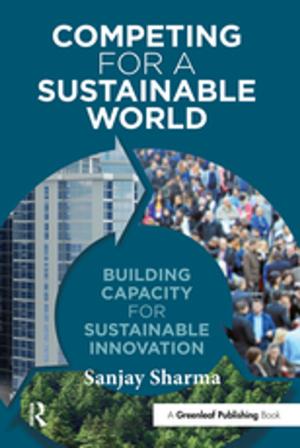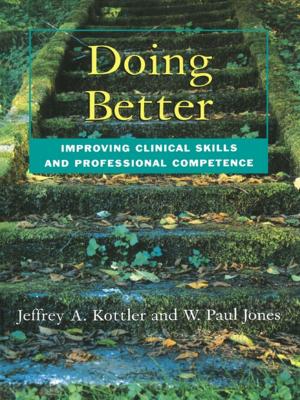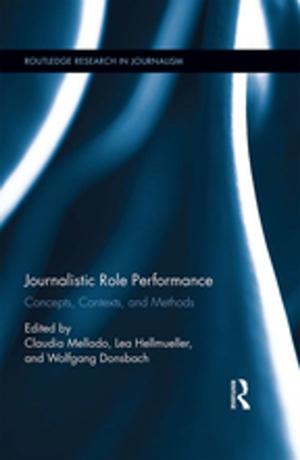Transgenics and the Poor
Biotechnology in Development Studies
Business & Finance, Economics, Nonfiction, Social & Cultural Studies, Social Science| Author: | ISBN: | 9781317998037 | |
| Publisher: | Taylor and Francis | Publication: | September 13, 2013 |
| Imprint: | Routledge | Language: | English |
| Author: | |
| ISBN: | 9781317998037 |
| Publisher: | Taylor and Francis |
| Publication: | September 13, 2013 |
| Imprint: | Routledge |
| Language: | English |
Genetic engineering is changing the terrain of development studies. Technologies with unprecedented potential - the capacity to move genes across species - have created widely politicized phenomena: ‘Frankenfoods’, ‘GMOs’, and ‘The Terminator’. En masse, the public has reacted with equanimity or appreciation to genetically engineered pharmaceuticals, beginning with insulin, but transgenics in food and agriculture have raised a globally contentious politics.
This book begins with the needs of the poor - for income, nutrition, environmental integrity - and evaluates the theory and evidence for contributions from transgenic crops. Social scientists with expertise in regional studies, economics, sociology, agriculture and political science join biologists to bring specialized knowledge on genuinely new questions created by the genomics revolution; questions of:
- ecological integrity
- biodiversity
- international trade
- the costs and effectiveness of biosafety protocols.
The authors collectively conclude that predictions of disaster for the poor from transgenic technology are uninformed by empirical results, rest on misunderstandings of biotechnology or the poor or both, or get the science wrong. Yet the triumphalism of pro-transgenic forces, however, must be tempered by serious unanswered questions: much is unknown, but the transgenic genie is out of the bottle.
In this much-needed book, an emergent empirical literature allows scholars in disciplines ranging from micro-biology to economics and political science to assess the potential effects of transgenic organisms on poverty through multiple dynamics of property, yields, prices, biodiversity, environmental integrity and nutrition.
Genetic engineering is changing the terrain of development studies. Technologies with unprecedented potential - the capacity to move genes across species - have created widely politicized phenomena: ‘Frankenfoods’, ‘GMOs’, and ‘The Terminator’. En masse, the public has reacted with equanimity or appreciation to genetically engineered pharmaceuticals, beginning with insulin, but transgenics in food and agriculture have raised a globally contentious politics.
This book begins with the needs of the poor - for income, nutrition, environmental integrity - and evaluates the theory and evidence for contributions from transgenic crops. Social scientists with expertise in regional studies, economics, sociology, agriculture and political science join biologists to bring specialized knowledge on genuinely new questions created by the genomics revolution; questions of:
- ecological integrity
- biodiversity
- international trade
- the costs and effectiveness of biosafety protocols.
The authors collectively conclude that predictions of disaster for the poor from transgenic technology are uninformed by empirical results, rest on misunderstandings of biotechnology or the poor or both, or get the science wrong. Yet the triumphalism of pro-transgenic forces, however, must be tempered by serious unanswered questions: much is unknown, but the transgenic genie is out of the bottle.
In this much-needed book, an emergent empirical literature allows scholars in disciplines ranging from micro-biology to economics and political science to assess the potential effects of transgenic organisms on poverty through multiple dynamics of property, yields, prices, biodiversity, environmental integrity and nutrition.















